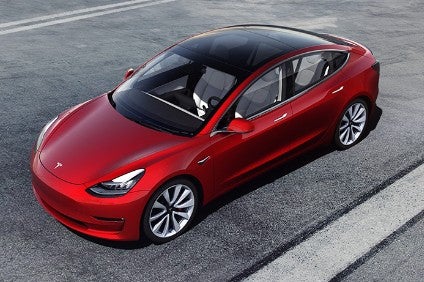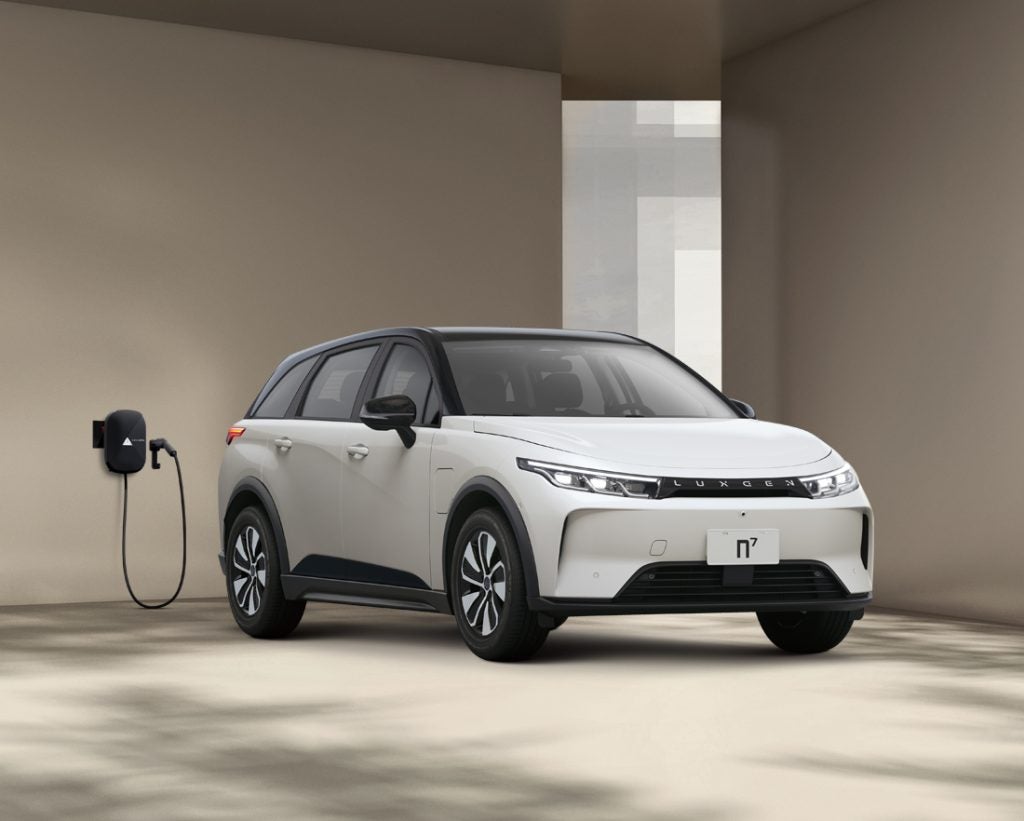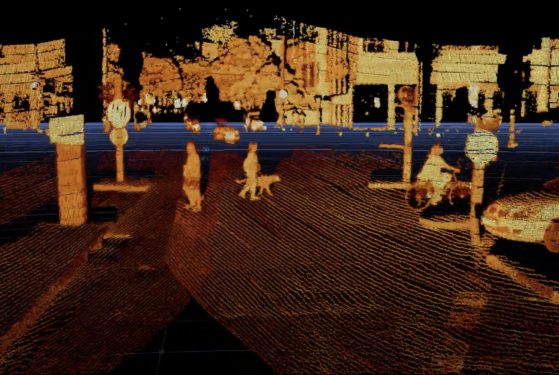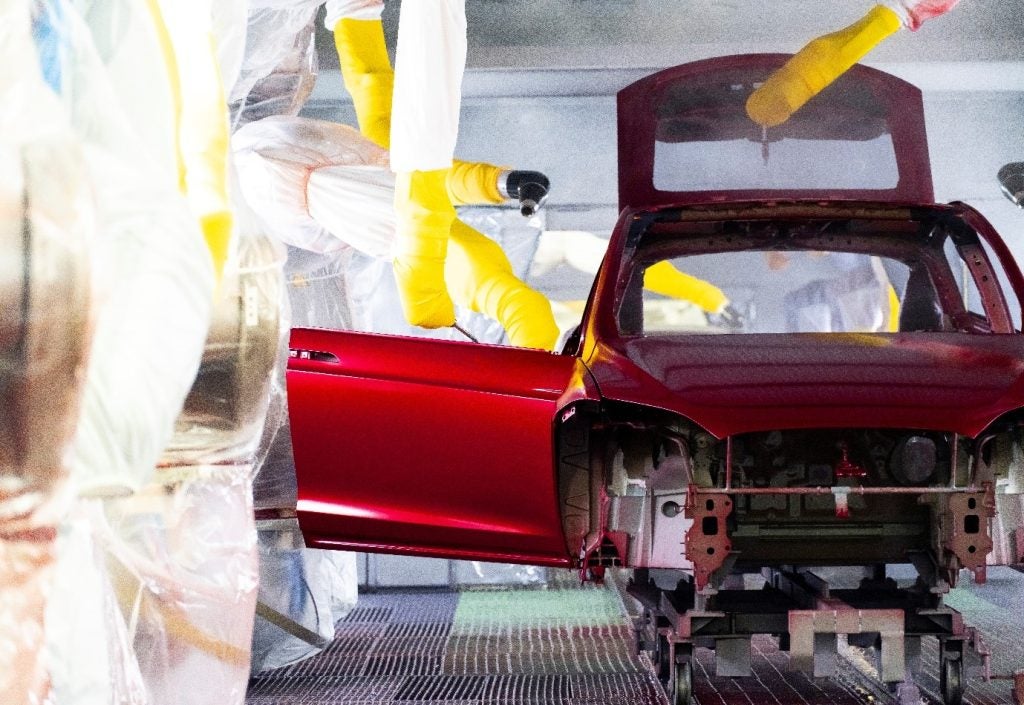
September was another significant month for Europe’s automotive industry, as new car registrations fell by 25% to just 964,800 units.
Felipe Munoz, global analyst at JATO Dynamics, said: “Dealers continue to face issues with the availability of new cars due to the chip shortage. As a result, unwilling to wait more than a year for a new car, many consumers have turned to the used car market.”
Year to date, Europe’s 26 markets continued to outperform in comparison to 2020, however the gap narrowed. By the end of the first half of the year, total registrations were 27% higher than in H1 2020. Results to the end of September show that this gap has narrowed to just 7%.
Munoz said: “This year, the industry has responded well to the the pandemic, but it is now facing new supply chain challenges. The growing popularity of EVs is encouraging but sales are not yet strong enough to offset the big declines seen across other segments.”
EV surge continues
OEMs with a large offering of pure electric and plug-in hybrid cars have been less impacted by the current crisis, as European consumers continue to take advantage of the various incentives and subsidies available for these vehicles.
How well do you really know your competitors?
Access the most comprehensive Company Profiles on the market, powered by GlobalData. Save hours of research. Gain competitive edge.

Thank you!
Your download email will arrive shortly
Not ready to buy yet? Download a free sample
We are confident about the unique quality of our Company Profiles. However, we want you to make the most beneficial decision for your business, so we offer a free sample that you can download by submitting the below form
By GlobalDataIn stark contrast, both the chip shortage and the growing severity of the climate crisis have caused diesel vehicle sales to plummet. In September, low emission vehicles posted a monthly growth of 44%, to 221,500 units, while diesel registrations decreased by 51%, to 167,000 units.
Before the pandemic, there were 10.3 new diesel cars registered for every electric or plug-in hybrid vehicle. Today, that ratio has decreased to just 1.3. Munoz added: “Shifts of this magnitude are rare, and a number of factors have contributed to the current state of play. In addition to incentives, OEMs have enhanced their offering with more models and better deals, and many are shifting their limited supply of semiconductors to the production of EVs, instead of ICE vehicles.”
As a result of the EV boom, the Tesla Model 3 topped the European model rankings in September, with 24,600 registered units, a 2.6% market share. This is both first time that an EV has led the market and the first time that a vehicle manufactured outside of Europe has occupied the top spot.
The strong performance of the Model 3 is in part explained by Tesla’s intensive end of quarter sales push. September has historically been a strong month for the US manufacturer’s registration results in Europe, on average accounting for 68% of its third quarter deliveries since 2018. Last month, registrations accounted for 74% of third quarter volume. Since its entry to the European market, the Model Y has also performed well, securing second position in the BEV ranking.
Due to the success of these two models, Tesla leads the BEV market with a share of 24%, ahead of the Volkswagen Group with 22%, Stellantis with 13%, and Hyundai-Kia with almost 11%. Tesla also registered more new cars than established brands including Fiat, Nissan or Seat.
SUVs on track for 50% market share
Last month, 46.5% of the passenger cars registered in Europe were SUVs – the highest ever monthly market share for the segment. Despite the current crisis faced by OEMs, these vehicles continue to gain traction thanks to the arrival of EV and plug-in hybrid alternatives, such as Tesla’s Model Y. Munoz said: “If the trend continues, the roads of Europe could soon look similar to the US, where more than half of the new cars sold are SUVs.”
This segment was led by the Volkswagen Group, Stellantis and Hyundai-Kia, and the big market share winners during the month were the Korean automaker, Tesla and Volkswagen.
Other protagonists
Once again, the Hyundai Tucson secured a place in the top 10 with an increase in volume of 40%. The BMW 3-Series saw a 24% increase despite its direct competition with the Model 3. The new Opel/Vauxhall Mokka continued its climb up the rankings to 22nd position with 9,700 registered units. In 28th position, the Tesla Model Y outsold consumer favorites such as the Fiat Panda, Peugeot 3008 and Volkswagen ID.3.
The Kia Ceed, BMW 4-Series, DS 7 Crossback, Mazda MX-30, Volkswagen Arteon, and Porsche Taycan also posted strong monthly growth. Among the new entries, the Renault Arkana registered almost 7,000 units, becoming the third most registered Renault model while the Citroen C4 and Skoda Enyaq became the second best-selling models for their respective brands.







